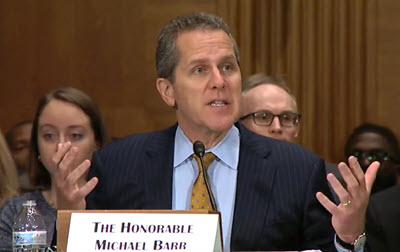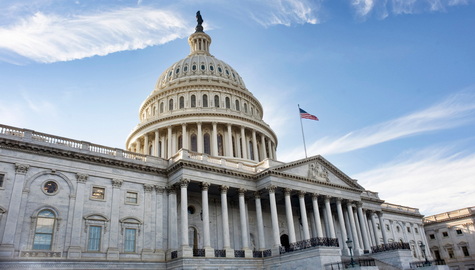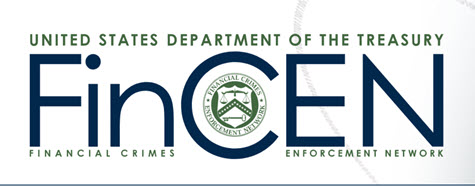
The latest threat of a government shutdown eased this week after President Biden signed two continuing resolutions, funding some agencies until Jan. 19 and others until Feb. 2, giving Congress a chance to pass full-year appropriations bills in early 2024, and leaving the Biden administration’s $106 billion supplemental foreign aid request unresolved. (AP, Nov. 17 |Wall Street Journal | Washington Post | NBC News, Nov. 15)
Window Narrowing for Other Policy Priorities
IRA Tax Incentives

The Roundtable’s Tax and Sustainability Policy Advisory Committees will remain engaged with policymakers as the IRA rules affecting CRE are finalized and implemented. These issues will be discussed during The Roundtable’s State of the Industry Meeting on January 23-24, 2024 in Washington.
# # #

The Real Estate Roundtable joined a coalition of 17 national trade associations in a Nov. 14 letter to the Federal Reserve, urging regulators to repropose a sweeping set of proposed rules—known as the “Basel III Endgame”—that would increase capital requirements for the nation's largest banks. Meanwhile, the nation’s top federal banking regulators testified this week before congressional committees, where they faced stiff bipartisan opposition to the proposal. (U.S. Chamber of Commerce-led coalition letter, Nov. 14 and Axios, Nov. 16)
Bipartisan Opposition
More Feedback for Basel III

The Roundtable’s Real Estate Capital Policy Advisory Committee (RECPAC) discussed the capital requirements proposal during its Nov. 8 meeting in New York. RECPAC welcomes Roundtable membership input as it works on a Basel III comment letter due in January. (Contact Roundtable Senior Vice President Chip Rodgers)
# # #

The Real Estate Roundtable and a coalition of major business groups sent a letter to all members of Congress last week in support of a joint resolution that would nullify a final rule of the National Labor Relations Board (NLRB). The NLRB “joint employer” rule—scheduled to go into effect on Dec. 26—would render employers vulnerable to claims by “indirect” workers who are not immediate hires. The policy has significant implications that could subject parent-level hotel and restaurant companies, other franchise-model businesses, and companies that hire contractors and subs to expansive joint employer liability. (Coalition letter, Nov. 9 and AP, Nov. 13)
Potential Impact
Party Lines in Congress

The U.S. Chamber and other business organizations who are signatories on the coalition letter sent last week also filed a lawsuit challenging the joint employer rule on Nov. 9. Unions groups will likely seek to intervene to defend the NRLB rule. (U.S. Chamber case updates)
# # #

The Roundtable signed onto a letter yesterday with approximately 70 business groups that urges Congress to pass a one-year delay in implementing burdensome “beneficial ownership” reporting requirements. (Coalition letter and PoliticoPro, Nov. 16)
FinCEN Enforcement
AICPA & Updated FAQs

Yesterday, FinCEN issued updates to its beneficial ownership “frequently asked questions.” The FAQs include new information about the reporting process, reporting companies, beneficial owners, company applicants, reporting requirements, initial reports, and reporting company exemptions. It also includes new resources related to beneficial owners, initial reports, FinCEN identifiers, and third-party service providers. (.pdf version of the FAQs)
# # #